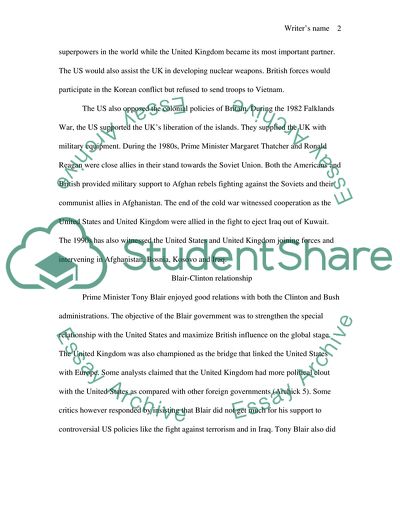Cite this document
(“United States-United Kingdom Special Relationship Term Paper”, n.d.)
United States-United Kingdom Special Relationship Term Paper. Retrieved from https://studentshare.org/politics/1713205-politics-term-paper-usuk-relations
United States-United Kingdom Special Relationship Term Paper. Retrieved from https://studentshare.org/politics/1713205-politics-term-paper-usuk-relations
(United States-United Kingdom Special Relationship Term Paper)
United States-United Kingdom Special Relationship Term Paper. https://studentshare.org/politics/1713205-politics-term-paper-usuk-relations.
United States-United Kingdom Special Relationship Term Paper. https://studentshare.org/politics/1713205-politics-term-paper-usuk-relations.
“United States-United Kingdom Special Relationship Term Paper”, n.d. https://studentshare.org/politics/1713205-politics-term-paper-usuk-relations.


